7 Signs Your Baby Might Be a Late Talker
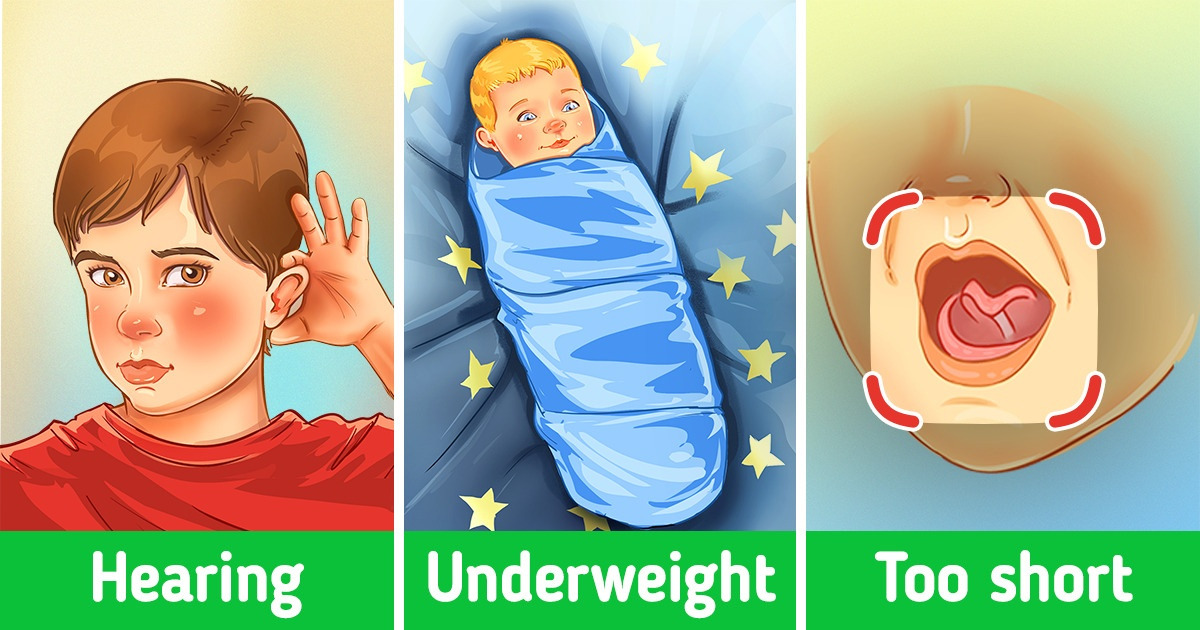
If your baby is a late talker, you’re probably wondering why that might be. Maybe they’ve got a speech delay, or perhaps they were born underweight. We at 5-Minute Crafts will share a few of the reasons with you for why this can happen.
❗ This article is for informational purposes only and is not intended as a substitute for medical advice. Seek guidance from your doctor regarding your baby’s health and medical conditions.
1. They might have a language delay.
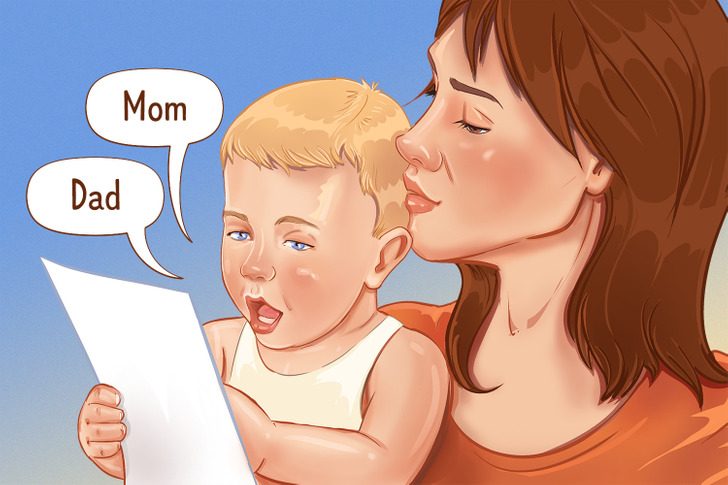
Your child’s vocabulary might already consist of a few words. However, if you notice they’re having trouble putting more than two words together, it might be because they’ve got a language delay.
2. They may have a short lingual frenulum.
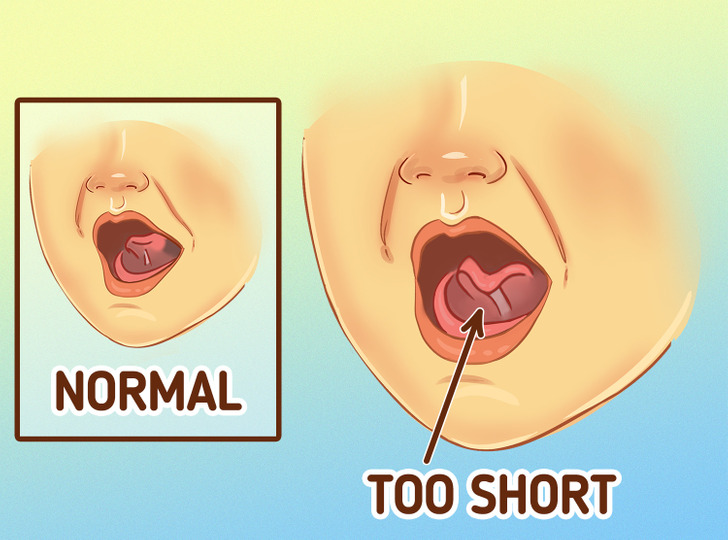
It can also be called being tongue-tied, and it will limit the movements they’re able to do with their tongue, making it harder for them to speak. It also means they won’t be able to either touch their palate, or upper lip with the tip of their tongue.
3. They might not be babbling.
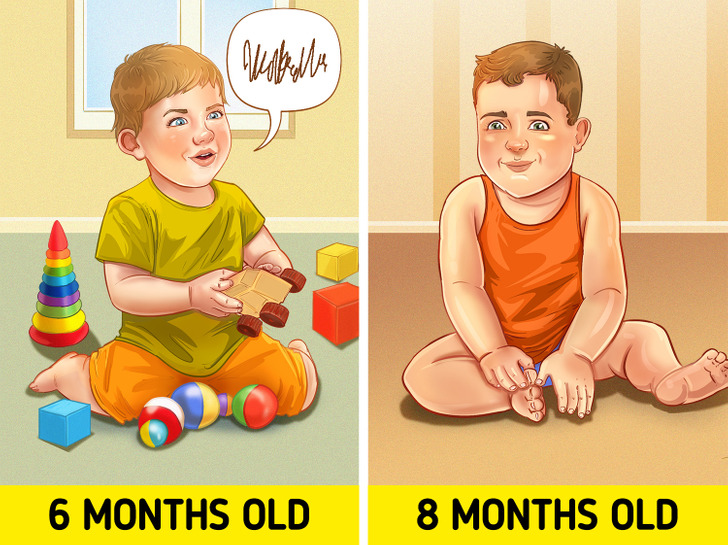
Try to pay attention to the sounds your baby is making, especially the ones that resemble “ba-ba-ba” and “ma-ma-ma.” They can start as early as 6 months old. A sign that something might be off is if your baby still isn’t making these sounds at 7 or 8 months of age.
4. They could be underweight.

If your baby was born underweight, it might have a higher risk of being a later talker. This can also be true for those born before the 37 week mark.
5. Their focus may be elsewhere.
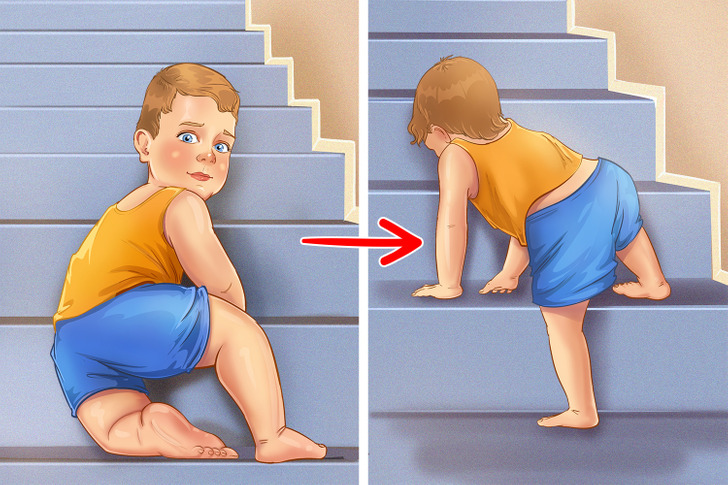
Being a late talker can sometimes be related to your child simply focusing on other activities. They might be too busy focusing on some other skills instead like, for example, climbing.
6. They might have an oral-motor problem.

Children that have speech delays can also have oral-motor problems. These occur when the areas that control the speech part of the brain have problems. It might be harder for these kids to coordinate the organs related to speech, like the lips and tongue for example.
7. They could have a hearing problem.
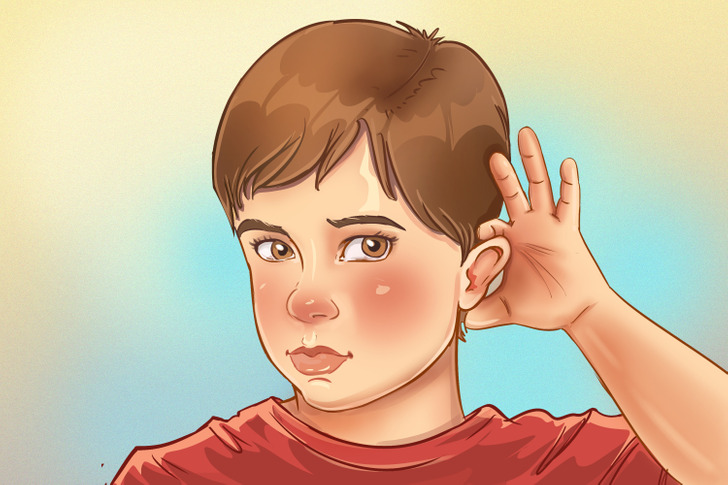
If this is true for your child, chances are they’ll have trouble understanding words, as well as saying them. It’ll be difficult for them to imitate or even use language.
Bonus: Your child can grow out of it.
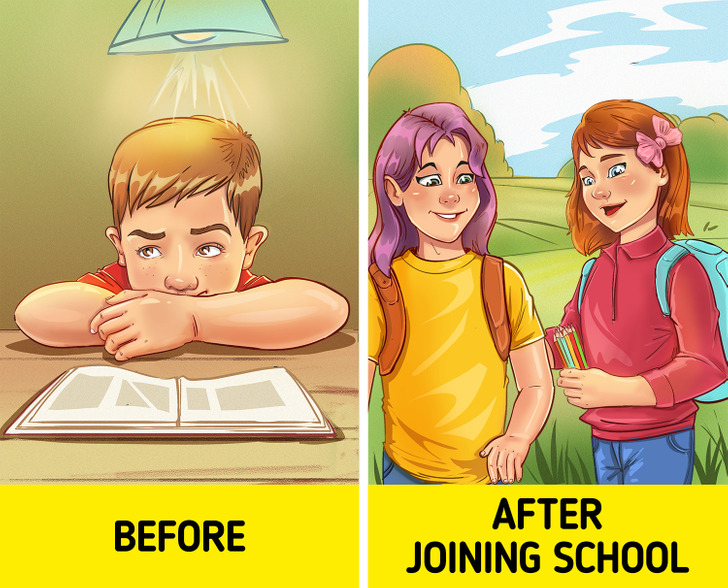
Your child might go from a late talker, to a late bloomer by catching up to their peers once they get to school. This happens around 70% to 80% of the time. The other 20% to 30% might need professional help to encourage them to develop their language skills.